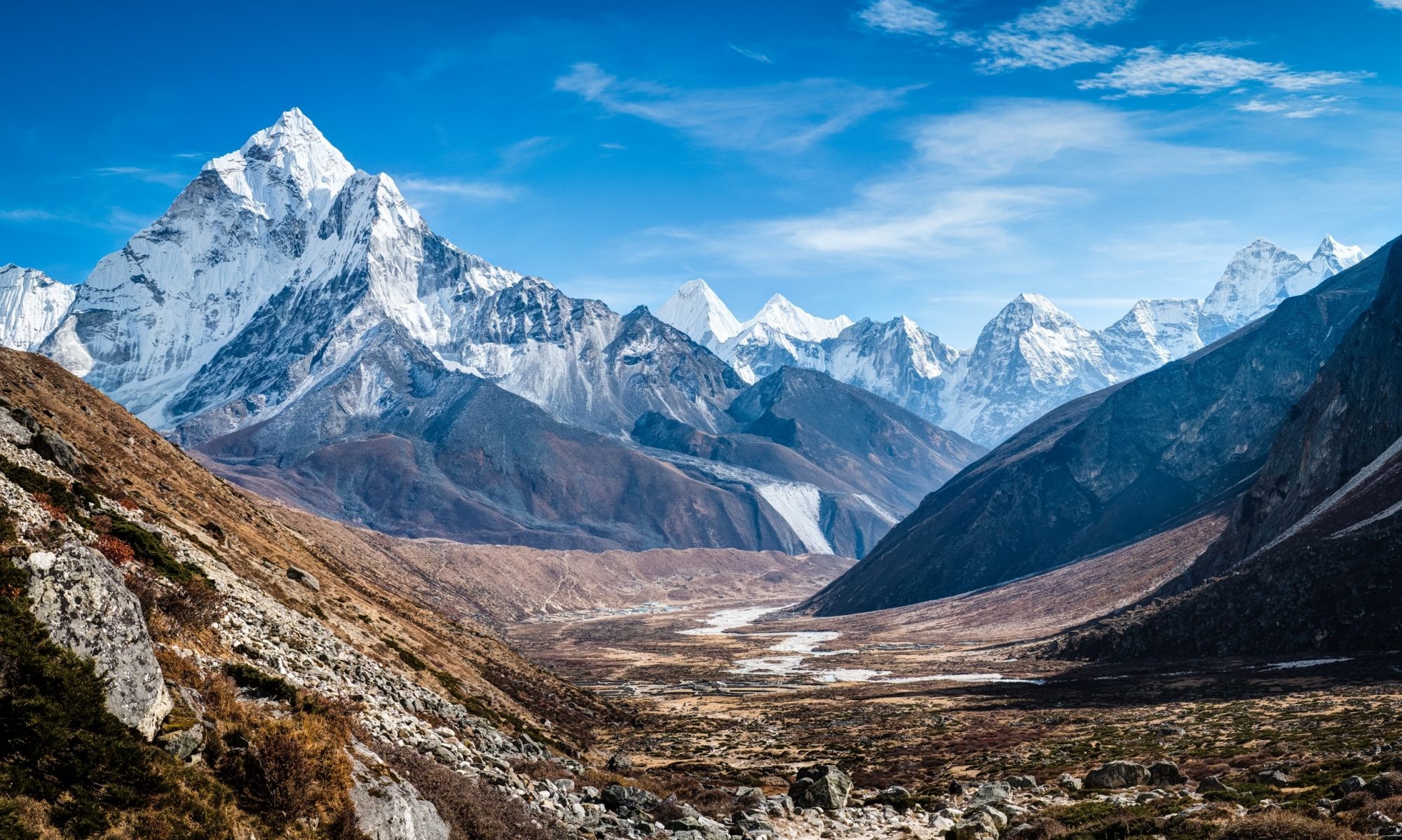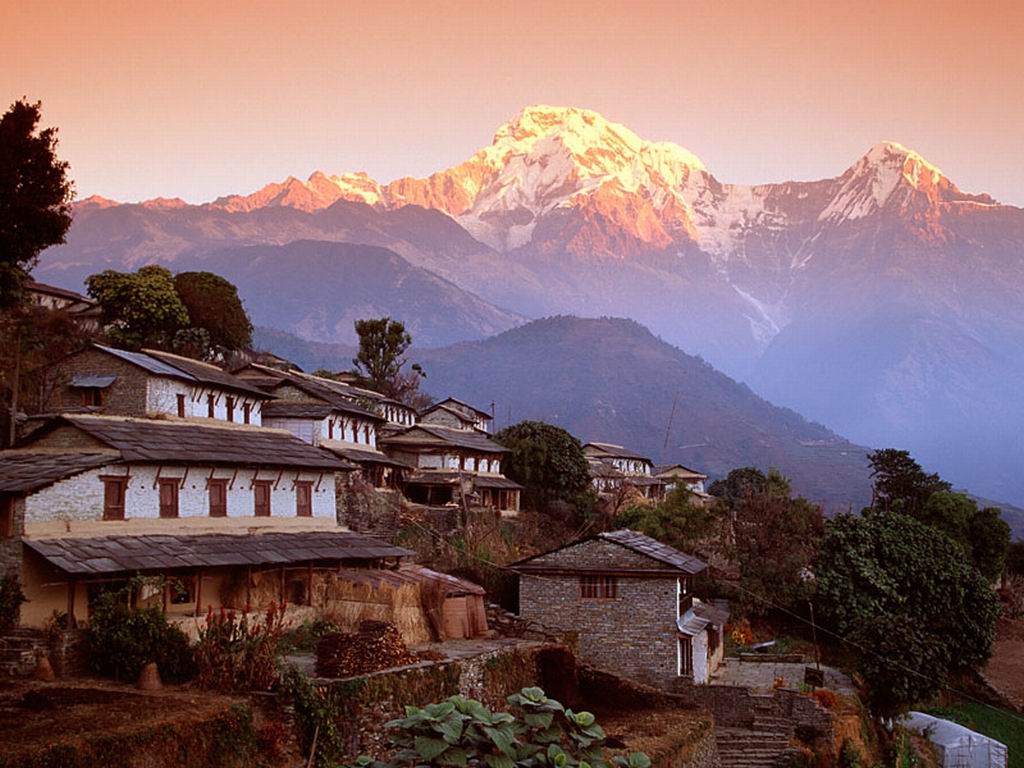Nepal is a land-locked country. In the North lies China (Tibet) and the rest of the country borders India. From East to West, the country can be divided into three parts; high mountains (the Himalayas – Mt Everest) in the North, mountainous region in the middle and Terai (plains) in the South. Until 1950, the country was closed to outside world, resulting the ‘underdeveloped country’ status.
This geo-political situation has necessitated Nepalese people to maintain their livelihood by sheer repetitive hard work, diligence, dignity and self-respect for physical work. The British had recognized these unique traits of Nepalese (known as Gurkhas all over the world) and therefore had been using Gurkhas as their most trusted soldiers for nearly two hundred years.
It is only recently that an increasing number of employers from Gulf countries, South East Asia, African countries and a host of other countries have shown interest in hiring Nepalese workers. Most of them have shifted their attention concerning hiring of expatriate workers from a number of their original labour supply countries to Nepal.
This change is due to the following main reasons:
Nepalese workers are renowned for their hard work, loyalty, and high sense of responsibility and discipline.
Nepalese workers are experienced in working in adverse climatic conditions.
Nepalese workers are peace loving and extremely loyal to their employers and devoted to their duties.
The employers do get the advantage of wider choice due to availability of skilled, semi-skilled and unskilled workers almost in all fields and vocation who are readily available for immediate placement.
Nepalese workers are comparatively more cost effective and their hiring cost is lower compared to other labour exporting countries.
Nepal is situated very close to the labour importing countries and linked by air with almost all the major cities of the world. Procedures and formalities for recruiting Nepalese workers for overseas employment are simple.


